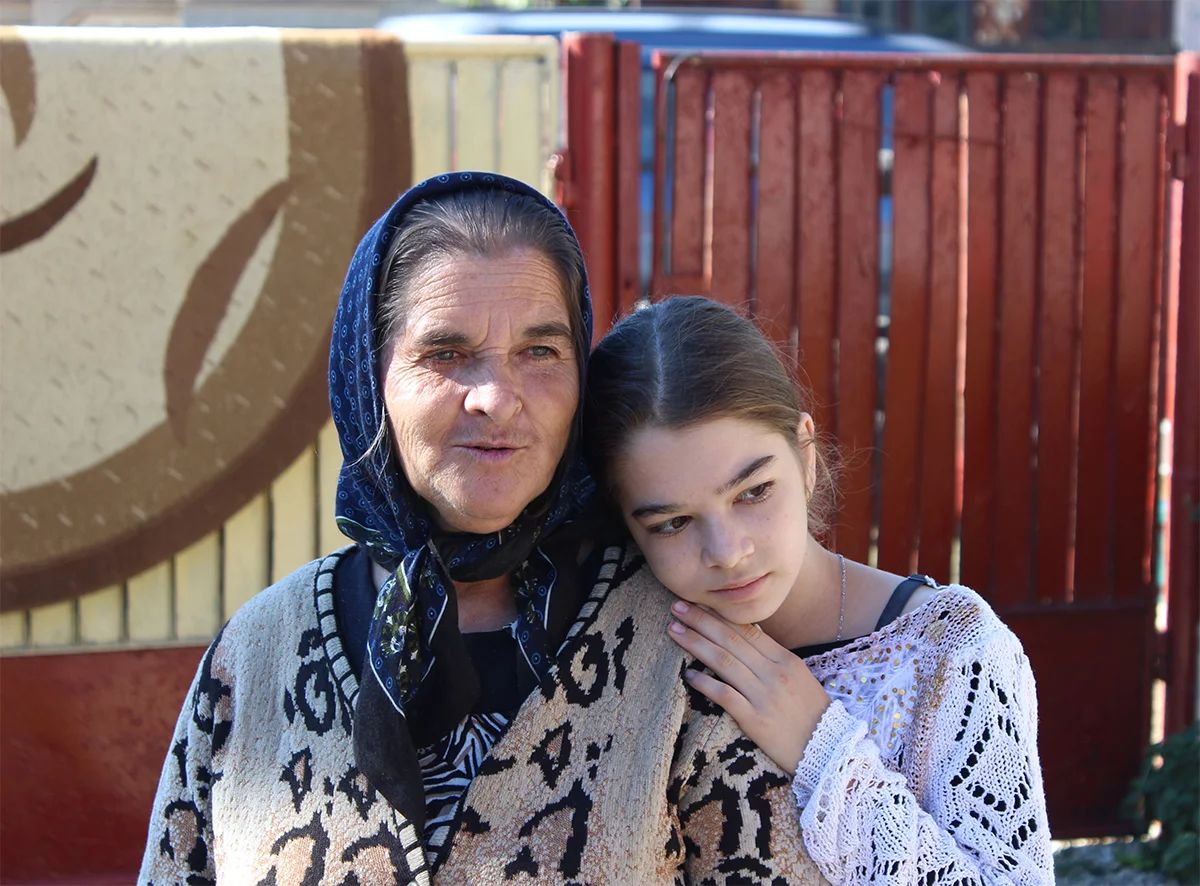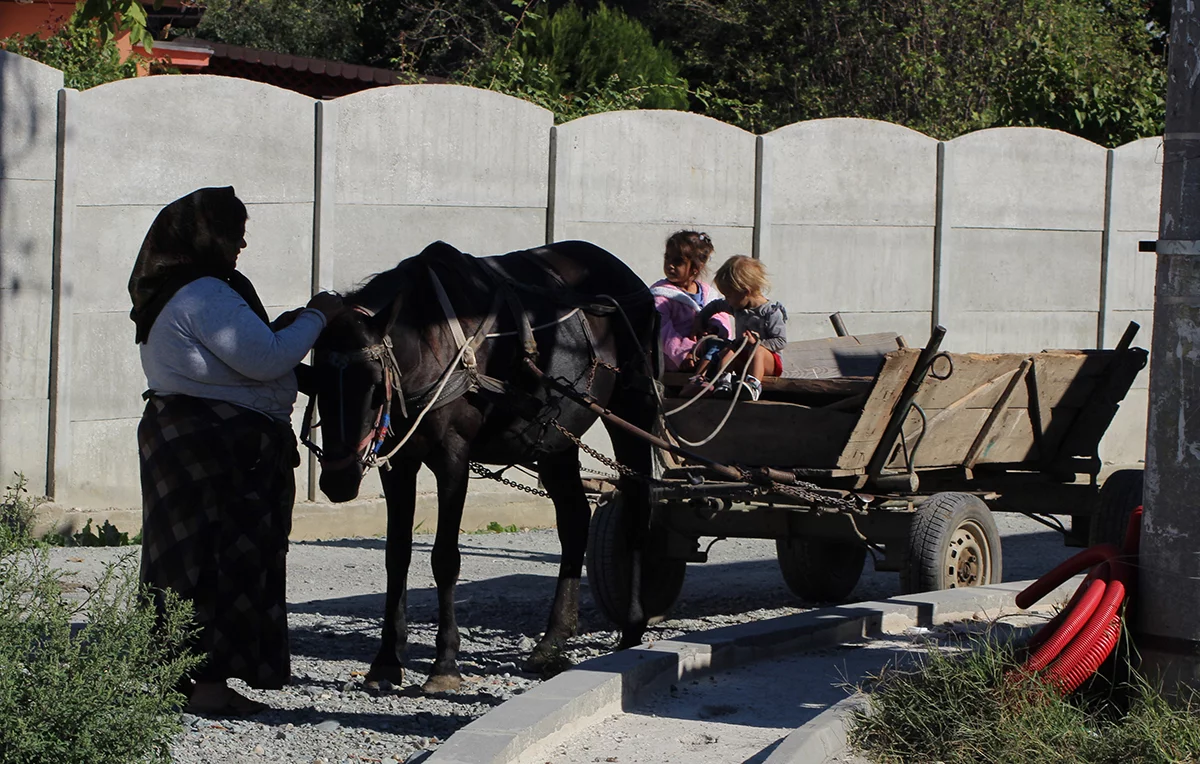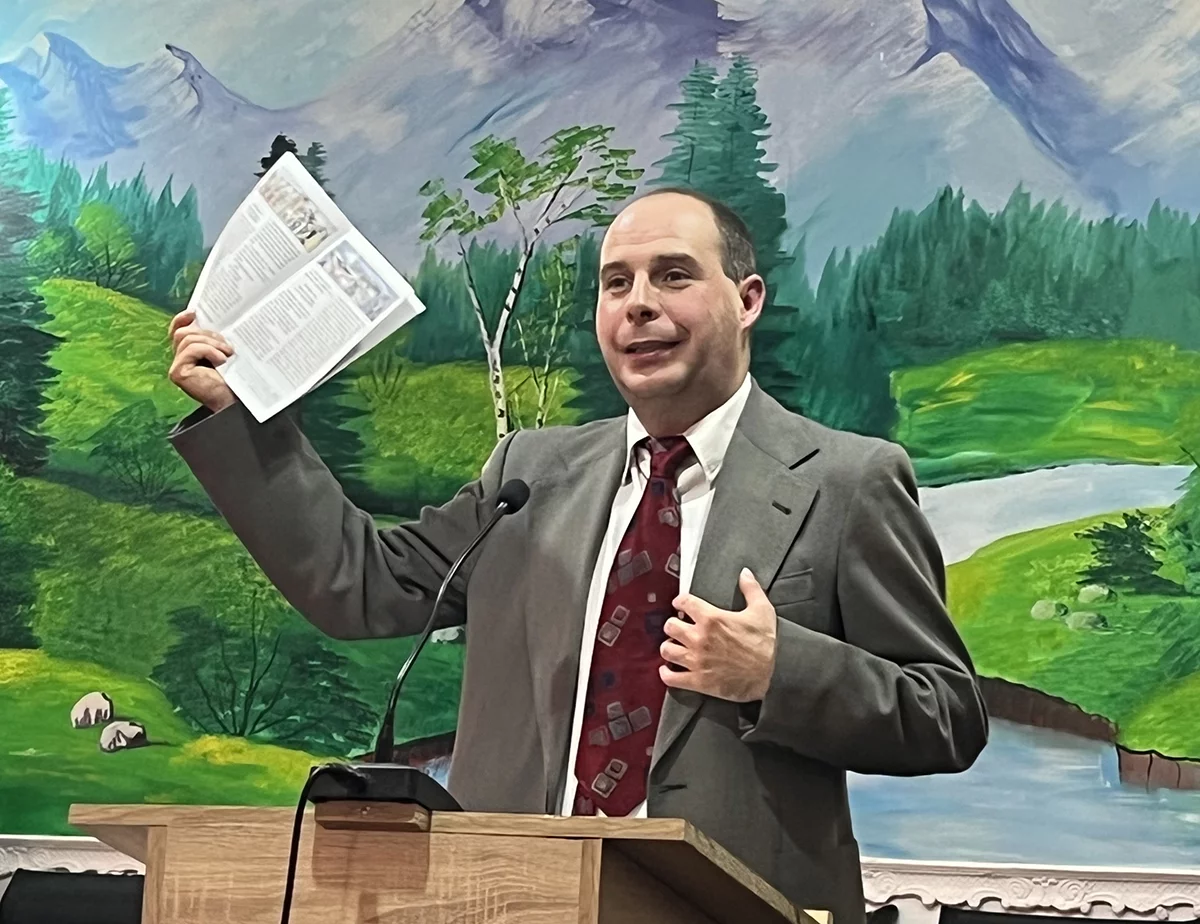Zoltan continues: ‘And there are three levels in the Roma Church. First, those who mix Romanian and Romani: they speak Romanian and read the Bible in Romanian, although they speak Romani in church. Second, those who speak Romani in the family, on the streets, in the shops, everywhere, but use the Romanian Bible in church. Some preach in Romani. When they say something in Romanian and the people don’t understand they translate straight away into Romani. Third, those who use only Romanian in the church; everywhere else they speak in Romani, but the official language of the church is Romanian and so they follow this.
‘The best situation, of course, is when they are all using Romani as a mother tongue everywhere. We have been in churches where they do everything in Romani, except the Bible reading, which makes everything difficult and less understandable.’
That is where the Standard Romani Bible would make such a huge difference: suddenly, the Roma people would be able to do EVERYTHING in church in Romani, and thus fully grasp what they are hearing and reading.
Nicolai, a Roma mission worker and member of the translation committee, says:
‘When I preach in Romani the people say the words come out differently. They say, “Our pastor is Romanian but I understand you differently: why, what’s the secret? Because you speak to our heart, you speak heart to heart.” They listen to you with a different sort of attention – because you are speaking to them in their own language. It is the best!’





